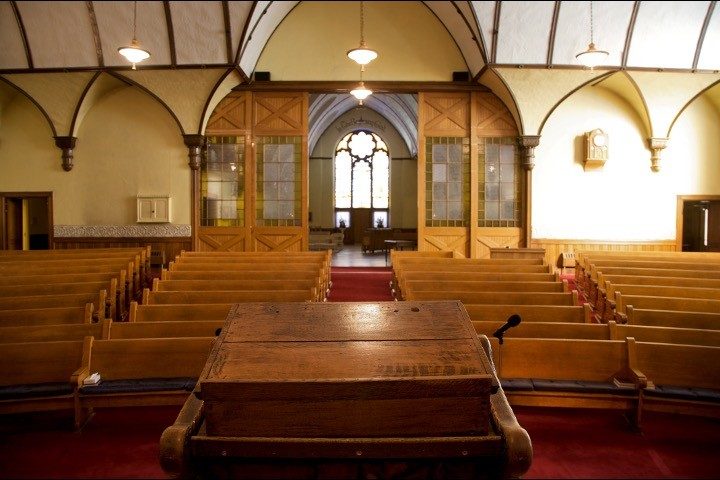
A 12-year-old girl attending the seventh grade in a Christian school in Virginia was asked by her teacher: “Should the Church get involved with the social issues of the day?”
In her article, published by the Christian Post on Wednesday, the student provided her answer, and compared it to those of her classmates:
Sitting in my seventh-grade History Class at a Christian school, I focused my eyes on the text. We were learning about how many Church denominations split into Northern and Southern groups right before the U.S. Civil War.
Our Christian history text mentioned how the Church got involved with the issue of slavery. My teacher put it up for discussion. She asked, “What do you think? Should the Church get involved with the social issues of the day?”
I quickly raised my hand. “I believe the Church should be involved,” I firmly stated. “If it is not the Church’s job to uphold God’s moral law for society, then whose job is it? If you only follow God during Sundays at church, you should question whether you are truly a Christian. Following Jesus wholeheartedly requires following Him at all times, in all places, and in all circumstances.”
Few of her classmates agreed. One said, “Unless something is obviously wrong … the church should not get involved.” Another said, “The Church should only get involved if no one else stands up.” A third said, “The Church should focus on God.”
The issue was slavery. Was that not an “obvious” wrong? She wrote:
Wasn’t it due partially to the fact that this evil was allowed in our society because most Christians did not view slavery from a biblical worldview, and therefore did not stand up for what was right?
She placed the blame on pastors who “don’t mix” religion and politics:
I am grateful that my pastor has firmly stood for God’s truth on all of these social issues. In fact, my pastor says to always compare what he or any other pastor says with God’s Word. Sadly, it appears from my classmates’ responses that many pastors do not engage with social issues and severely lack a biblical worldview.
She didn’t ask, “How did that happen?” But Eric Metaxas, in his Letter to the American Church, did: “How is it that so many in the American Church of our time have shrunk back from public engagement, and quietly assented to the decidedly unbiblical … view that the truth of God is not applicable [outside] the churches?”
Without explicitly saying so, Metaxas noted the insidious and intentional destruction of the foundations upon which the American Republic was built:
Part of this may be traced back to the 1960s, when the U.S. Supreme Court took prayer out of the public schools.… It was part of a general trend that was fundamentally mistaken in its views of Jefferson’s famous “wall of separation” between church and state.
Rather than protecting people of faith from government intrusion, as the Founders intended — the judiciary instead began to interpret it to mean that the public square should be stripped of faith entirely.
A combination of ignorance and complacency kept Christians and their pastors from rising up in anger and resistance, wrote Metaxas:
Because the American people did not see the dangers of this sufficiently, and because Christian leaders did not speak out boldly, the drift toward an unconstitutional and secular view began to be enshrined in our laws and in our culture.
Another example is the so-called Johnson Amendment. Wrote Metaxas:
It was in 1954 that then-Senator Lyndon Johnson introduced an amendment to the U.S. tax code prohibiting churches — and any other nonprofit organizations — from taking a public stand on political candidates.
If anyone from a pulpit dared to endorse a candidate, that church’s tax exemption would be repealed.
It is astonishing that pastors in America allowed this wild idea to go uncontested.
Madeline K, the seventh grader from Virginia, has made her own decision on the matter: “Although I am only a seventh-grade student, I choose to stand up for, wherever God places me … His truth above everything else.”



